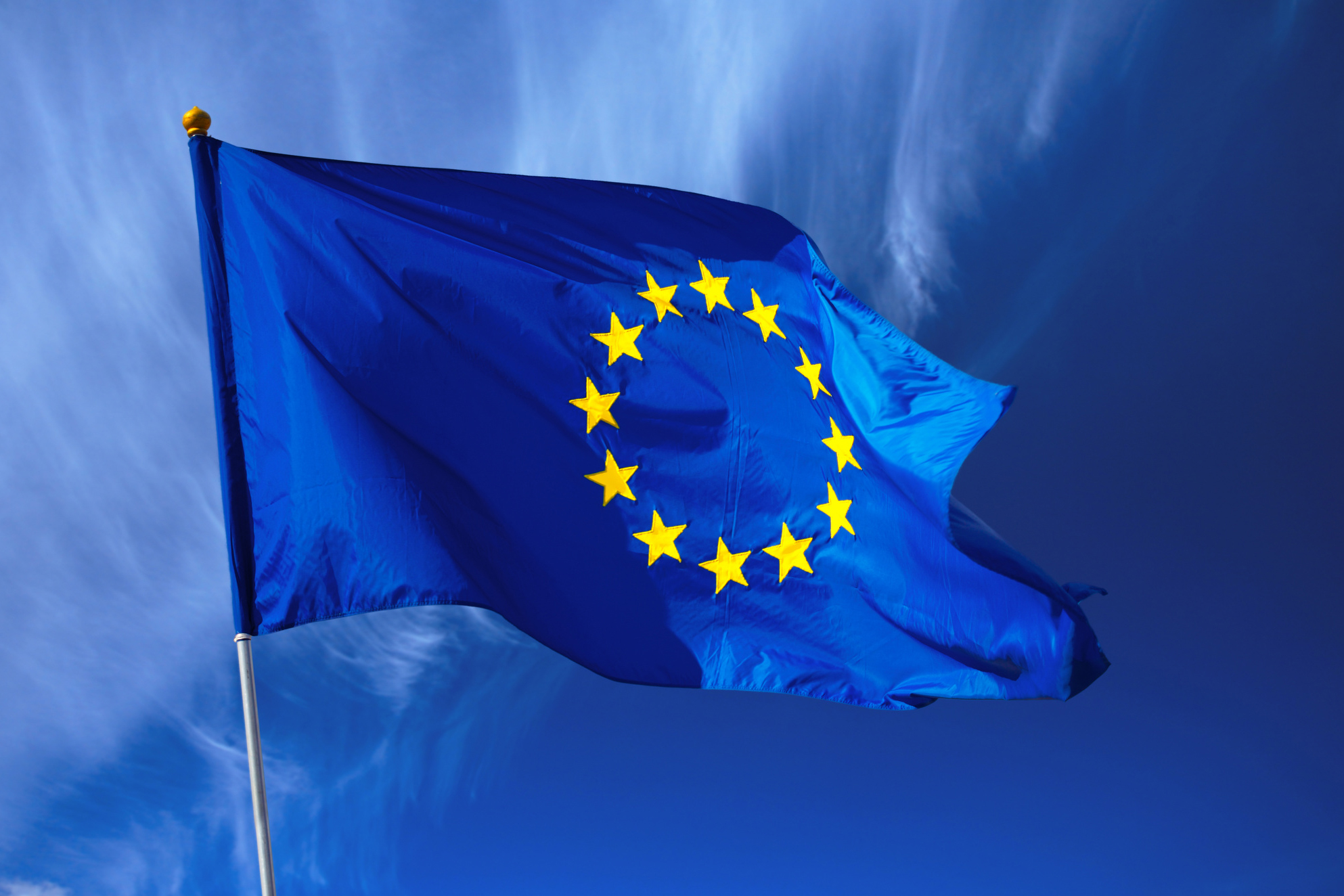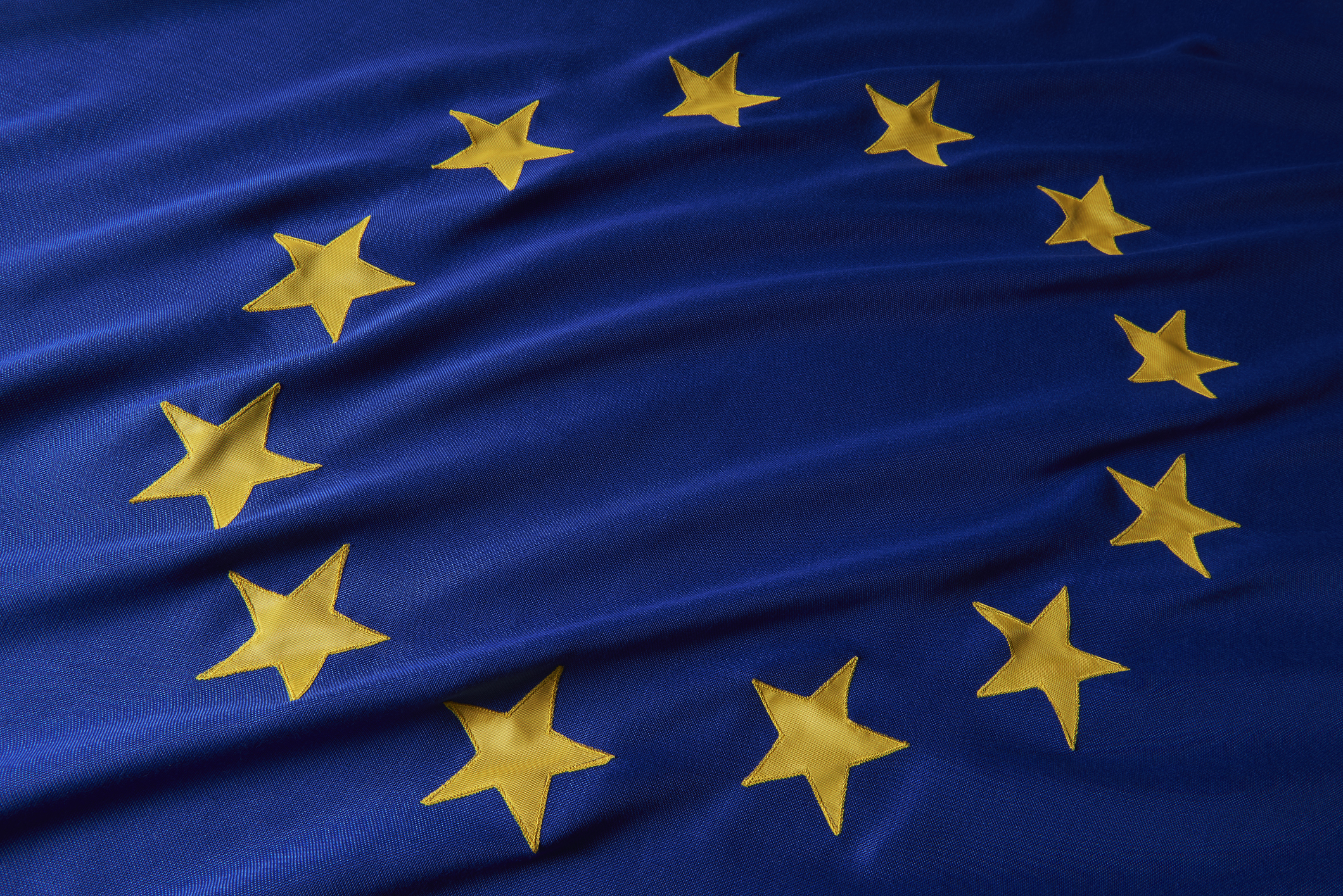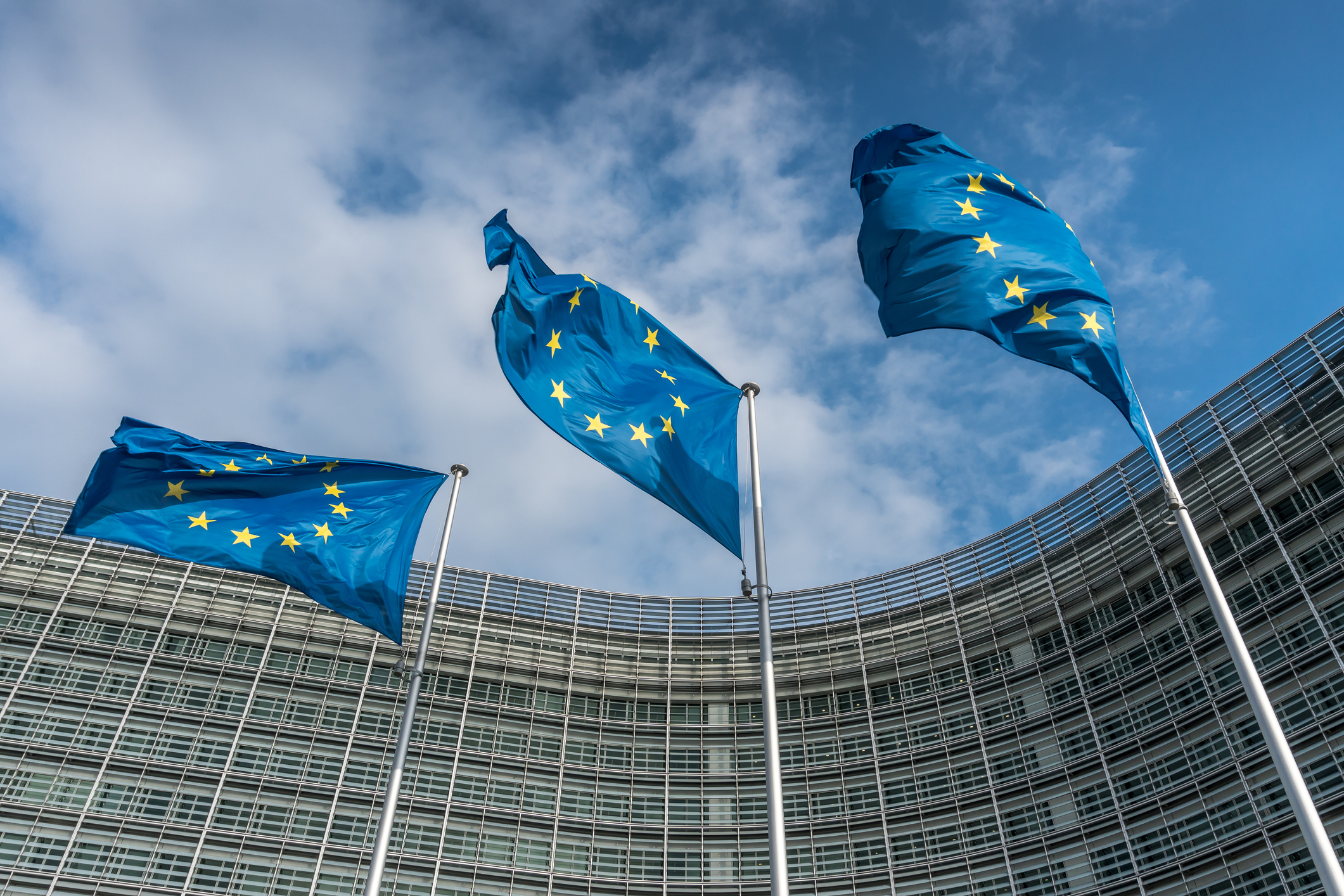Can the public help catch cyber criminals?
European citizens could soon help tackle cyber crime if Europol proposals come to fruition.


Sign up today and you will receive a free copy of our Future Focus 2025 report - the leading guidance on AI, cybersecurity and other IT challenges as per 700+ senior executives
You are now subscribed
Your newsletter sign-up was successful
Europol has proposed EU internet users could get involved in catching cyber criminals via an online reporting system.
Web denizens would provide any information they have so the system could "collect all internet crime reported online at a national level, in a harmonised way across the EU," according to director of Europol Rob Wainwright.
Wainright said this database would be used to help police make connections between different investigations taking place across the EU, the BBC reported.
"For the first time the EU will have a comprehensive overview of reported cyber crime from within its own borders and this could even include, in the future, a component of direct engagement with the public," he said.
However, the efficacy of such a "crowd sourcing" project has been questioned by an internet security expert.
Luis Corrons, technical director at PandaLabs, told IT PRO he had his reservations about how the task of recording and making use of the data supplied by the public would work.
"Law enforcement has not enough resources," Corrons claimed.
Sign up today and you will receive a free copy of our Future Focus 2025 report - the leading guidance on AI, cybersecurity and other IT challenges as per 700+ senior executives
"It's not the problem that they don't have enough information We can increase the number of reports they get, that'll be great, but who is going to look at that?"
Indeed, the EU has been criticised in the past for its overly bureaucratic nature.
Another issue is the contrasting laws of the various EU member states, Corrons said, noting how something that is illegal in one country may not be in another.
"There are no countries on the internet," he added.
"At least in the European Union we should be able to figure something out. The good thing is that the situation is so bad, and it's only getting worse, but in the end they'll realise they have to do something."
The EU has made a number of moves in the cyber security space this year, with the first ever pan-European cyber war simulation successfully carried out.
Several member states took part, including the UK where a cyber attack centre was established.
Last month, the European Commission presented a set of new EU measures covering security, including proposals for greater cyber space protection.
Tom Brewster is currently an associate editor at Forbes and an award-winning journalist who covers cyber security, surveillance, and privacy. Starting his career at ITPro as a staff writer and working up to a senior staff writer role, Tom has been covering the tech industry for more than ten years and is considered one of the leading journalists in his specialism.
He is a proud alum of the University of Sheffield where he secured an undergraduate degree in English Literature before undertaking a certification from General Assembly in web development.
-
 "If it would go away tomorrow, I wouldn't even notice it": is there a future for Stack Overflow in software engineering?
"If it would go away tomorrow, I wouldn't even notice it": is there a future for Stack Overflow in software engineering?In-depth Even as developers turn their backs on the coding platform, its CEO insists there is life beyond the Q&A format
-
 Scalper bots are running riot as memory shortages continue
Scalper bots are running riot as memory shortages continueNews DataDome says bots are driving up the price of DRAM even further thanks to AI demand
-
 EU lawmakers want to limit the use of ‘algorithmic management’ systems at work
EU lawmakers want to limit the use of ‘algorithmic management’ systems at workNews All workplace decisions should have human oversight and be transparent, fair, and safe, MEPs insist
-
 European Commission calls for cyber security proposals
European Commission calls for cyber security proposalsNews With a special focus on healthcare, the Commission is looking to allocate €145.5 million
-
 Forcing Apple to allow alternative app stores might cause major security risks
Forcing Apple to allow alternative app stores might cause major security risksAnalysis Apple will be forced to allow third-party marketplaces on its devices, but some experts have raised serious security concerns
-
 Why bolstering your security capabilities is critical ahead of NIS2
Why bolstering your security capabilities is critical ahead of NIS2NIS2 regulations will bolster cyber resilience in key industries as well as improving multi-agency responses to data breaches
-
 New EU vulnerability disclosure rules deemed an "unnecessary risk"
New EU vulnerability disclosure rules deemed an "unnecessary risk"News The vulnerability disclosure rules in the Cyber Resilience Act could also cause a “chilling effect” on security researchers
-
 Are you ready for NIS2?
Are you ready for NIS2?WEBINAR Find out what you should be doing to prepare for the EU’s latest data protection regulation and UK equivalent with our free webinar
-
 EU regulators are digging their heels in despite big tech’s Data Act pushback
EU regulators are digging their heels in despite big tech’s Data Act pushbackAnalysis EU regulators are no strangers to big tech regulatory push back, so why do companies still persist?
-
 Microsoft's EU Data Boundary will begin staggered rollout in January 2023
Microsoft's EU Data Boundary will begin staggered rollout in January 2023News Public sector and commercial customers will be the first to benefit when the rollout begins on 1 January across all of Microsoft's core services
